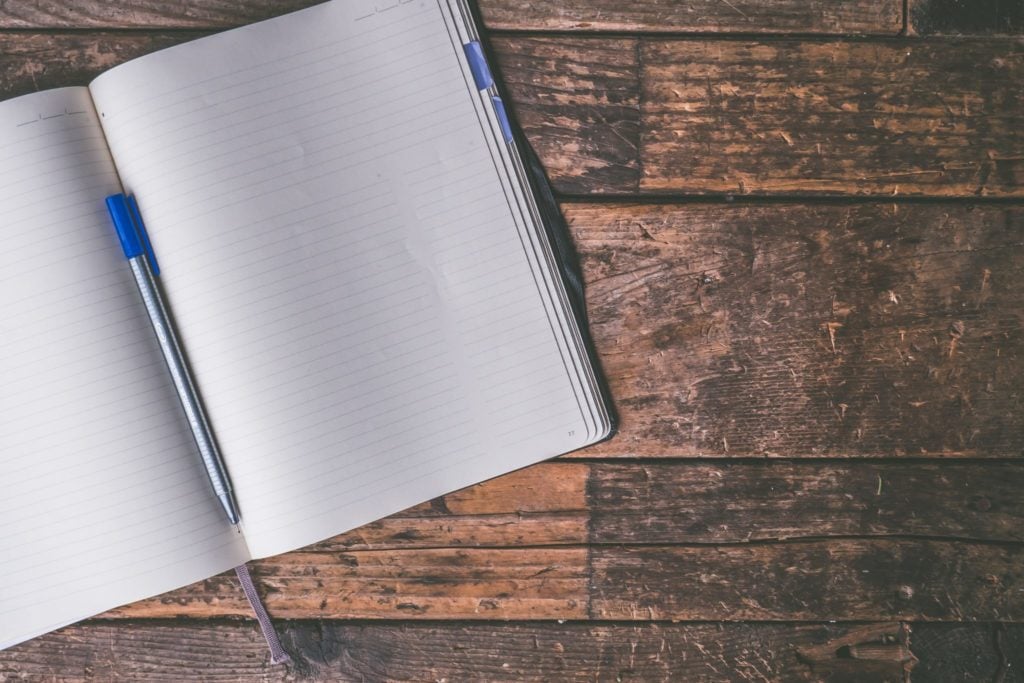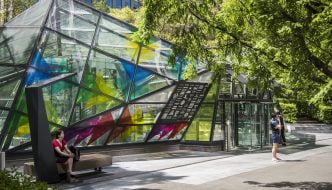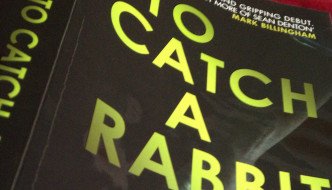
Photo by Jessica Lewis from Pexels
In the past two weeks the world has generated enough material for a lifetime’s worth of novels, short stories or poetry collections. There’s a voice screaming in my head to WRITE THIS ALL DOWN. NOW. But I’ve been paralysed. It feels too big, too universal, too critical to articulate. The best I’ve usually got is an emoji, usually the one with its tiny mind blown.
If this pandemic has hindered your ability to put together constructive and creative words, you’re not alone. As we’ve seen with other crises that have been felt globally, it’s not until the tremors have stopped and the dust has settled that many artists find their voice amongst the rubble. Because processing takes time. Even more so in a new world which is accompanied by the desperate chatter of constant communication – tweets, rolling news feeds, blogs, videos. I don’t know about you, but they seem to be doing a good job of hampering my ability to simply absorb, think and react in a meaningful way.
That said, some voices have stood out. Italian writer Francesca Melandri’s stunning letter from Italy in the Guardian is a must-read, obliterating any notion that we’re not all in this together. Then there was performance poet Laurie Bolger’s lovely sketch poem about the clap for the NHS last week. It was a small thing, but it made all my mindless scrolling of Twitter seem worthwhile. And I have recently discovered the work of poet and writer Naomi Shihab Nye. Her 2008 piece Gate A-4 has nothing to do with coronavirus but when it comes to humanity and empathy, this gem says it all.
In the absence of having anything nearly as coherent to say, I’d like to share some of the moments I’ve experienced. They are small and inconsequential, but in this exceptional context they take on something interesting, perhaps even poetic.
On an afternoon when we were still unsure what the next few days would bring, I delivered freshly printed flyers for our COVID-19 mutual support group through the letterboxes of my neighbours. My fingers were numb from the cold and the street was eerily quiet. Isolation for many had begun, and something about the atmosphere put me on edge.
At one house, I bent down low to push a flyer through the letterbox at the bottom of the door. Something snapped at my fingers and my glove disappeared through the rusty flap. I froze. Then I heard the glove thief scampering away down the hallway and conjured up the courage to knock. After what felt like forever, a lady with a generous amount of eyeliner appeared. She wrestled my glove from her dog and sheepishly handed it back. We were both bemused and embarrassed – she said it had never happened before. But she thanked me for the flyer, and I carried on my rounds, feeling a little more normal and a little less alone.
Another day, after being holed up in our makeshift home office, I went for a run in the evening sunshine along the river. It was oddly reassuring to see the usual shopping trolley and boot stuck in there, a confirmation that life in this urban enclave is as it always was. I said hello to a man wearing a Metallica T-shirt walking on the opposite side of the river and he stopped to chat. He asked me what I did and I told him I worked for the NHS, although I’m not on the frontline. He thanked me anyway, profusely, and wiped his watery eyes with the back of his hands.
And then there’s my son’s new friendship. For at least a year he’s been climbing to the top of his treehouse at the bottom of our garden and peering over the hedge. He stands like a ninja and waits for the boy in the house opposite to come out to play. They have never spoken. But a few days ago, my curious six-year old summoned up the courage to make an introduction. He spent more than an hour out there, face flushed with excitement, swapping hand-scrawled notes and Pokemon cards through the hedge with his new friend until I called him in for tea. That evening, while Boris told the nation we were officially in lockdown, my son slept with the notes under his pillow. He woke up with a smile on his face.
There is much talk of what the impact of COVID-19 will mean for writing, literature and arts as a whole. It will change, it will evolve and some things may not be the same. But for now, let’s not worry. Life is writing itself. Moments like these give me hope that interesting interactions will still take place and stories are still being made, even if we don’t quite know how to handle them. What will they become? Only time will tell.




Comments